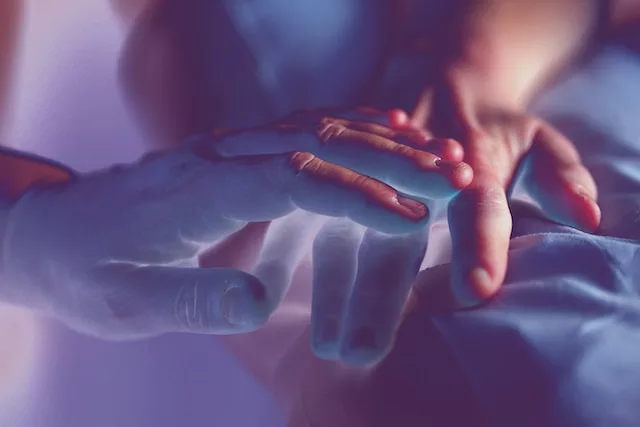Understanding and Managing Obsessive-Compulsive Disorder (OCD)
Obsessive-Compulsive Disorder (OCD) is a mental health condition characterized by unwanted, recurring thoughts (obsessions) and repetitive behaviors (compulsions). These symptoms can significantly impact daily functioning and quality of life. However, with effective treatment and coping strategies, individuals with OCD can manage their symptoms and lead fulfilling lives. Key Treatments for OCD Coping Strategies for OCD […]
Understanding and Managing Obsessive-Compulsive Disorder (OCD) Read More »



